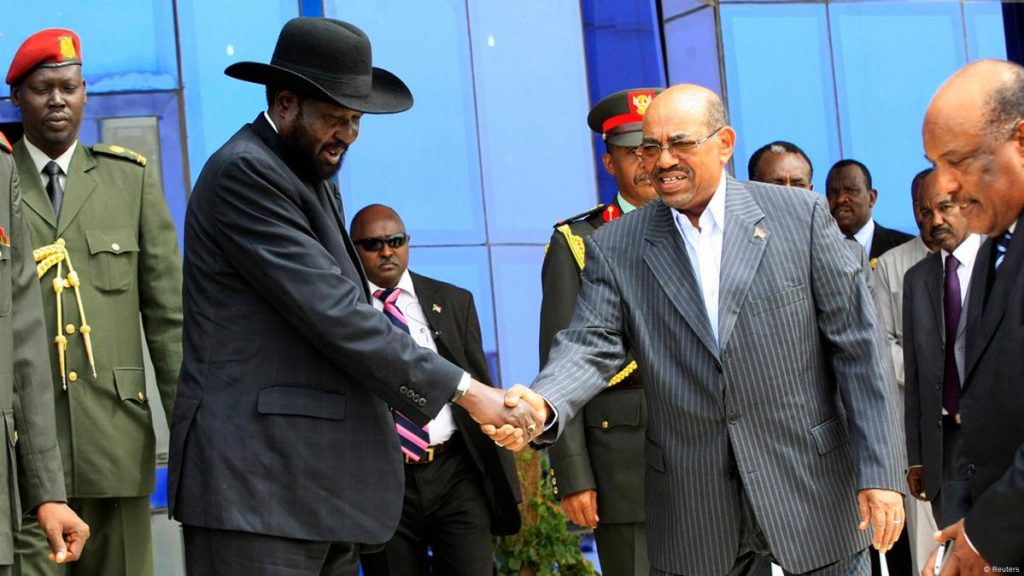South Sudan’s vital oil exports cleared to resume
3 min read

South Sudan’s President Salva Kiir has reached an agreement with Sudan’s de facto leader, General Abdel Fattah al-Burhan, allowing the resumption of crucial oil exports through Sudan. This development is a significant relief for South Sudan, which has faced severe economic challenges due to disruptions in its oil industry caused by Sudan’s prolonged civil conflict.
The civil war in Sudan, now extending into its 17th month, has severely impacted South Sudan’s economy, which heavily relies on oil exports. The war has led to widespread damage of the infrastructure necessary for oil transport, but recent agreements suggest that repairs could enable the resumption of oil flow within four months.
However, there remains a significant hurdle to overcome. The paramilitary Rapid Support Forces (RSF), which is currently in conflict with Sudan’s army, controls much of the territory through which the oil pipelines run. Their cooperation will be crucial for the successful continuation of oil exports. The resolution of this issue will determine the effectiveness of the planned resumption.
President Kiir and General Burhan discussed these matters in a series of talks held on Monday in Juba, the capital of South Sudan. During a joint press conference, South Sudan’s Foreign Minister Ramadan Abdalla Goc outlined the key outcomes of the discussions. He noted that the two leaders focused on pressing issues affecting both nations, emphasizing the importance of regional peace and stability achieved through “constructive dialogue and cooperation.”
According to Mr. Goc, General Burhan assured President Kiir that Sudanese engineers have completed the necessary technical preparations for the resumption of oil production. Engineers from South Sudan are expected to visit Sudan shortly to assess the readiness of the facilities. Once this assessment is complete, both countries will formally announce the official restart of oil exports.
The impact of the civil war on South Sudan’s economy has been severe. The conflict in Sudan has deprived South Sudan of its primary source of revenue—petrodollars—according to the International Crisis Group. The resumption of oil exports is anticipated to provide a much-needed financial boost to South Sudan’s government.
In addition to discussing oil exports, President Kiir and General Burhan agreed on reopening humanitarian corridors between their two countries. This decision aims to facilitate the delivery of humanitarian assistance to Sudan, which has been severely impacted by the ongoing conflict. Sudan’s acting Foreign Minister, Hussein Awad, confirmed this agreement, highlighting the broader scope of the discussions which included enhancing regional cooperation and addressing humanitarian needs.
The reopening of these corridors is expected to ease the flow of aid and support to the affected regions, addressing urgent humanitarian needs amidst the continuing conflict.
The collaboration between South Sudan and Sudan marks a positive step towards resolving some of the pressing issues caused by the war. Both nations are working towards a more stable and cooperative relationship, which is crucial for the stability and development of the region.
As both countries prepare to move forward, the focus will be on ensuring that the repair work on the oil infrastructure is completed efficiently and that the RSF’s control over the relevant areas does not impede the resumption of oil exports. The international community will be watching closely to see if this agreement can lead to tangible improvements in both economic conditions and humanitarian relief.
Overall, the resumption of oil exports and the reopening of humanitarian corridors represent critical developments for South Sudan and its neighboring Sudan, offering hope for improved economic conditions and greater regional stability in the near future.